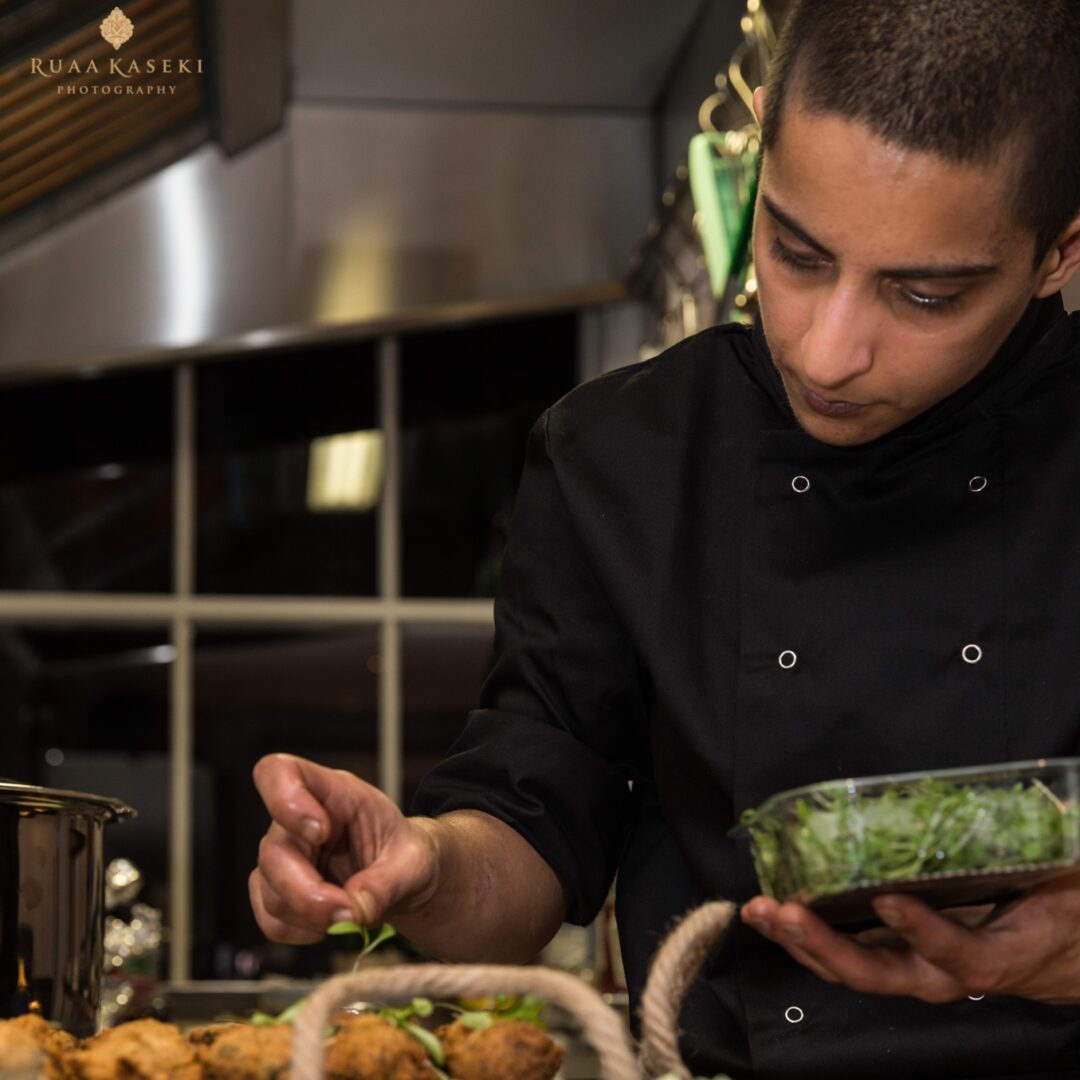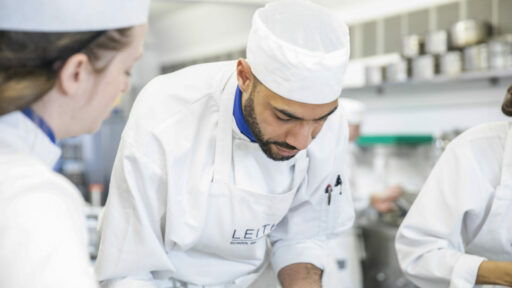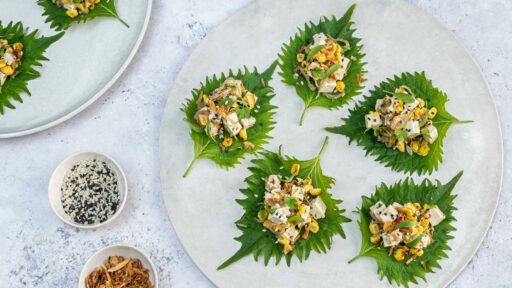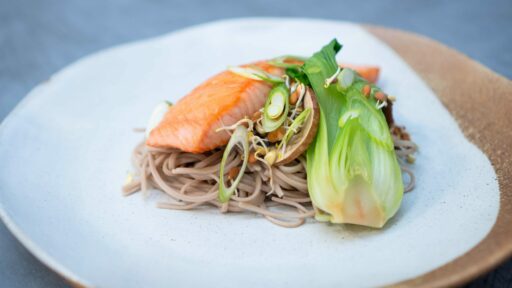
Salima Dhalla
Retreat & Private Chef
London, United Kingdom
@foodwitchsal
Graduate of:
Leiths Three Term Diploma in Food and Wine
Bio
Salima Dhalla is a plant-led private and retreat chef, teacher and workshop leader; hosting and cooking on retreats around the UK and beyond, running mindful baking and intuitive cooking workshops, teaching intuitive cooking and working one-to-one with clients to help them reconnect to the joy of food.
Salima has also written a book during lockdown, Ten Steps to A More Joyful Relationship with Food, which is all part of her mission to make food and cooking a joyful part of all of our lives.
Life before Leiths
Before Leiths, Salima was immersed in a very different industry working as a management consultant in financial services. “I would spend all my limited free time with food: eating out, attending weekend classes at Leiths, and bribing my hardworking teams with baked goods.”
What drew you towards a career in food?
“From a very young age I always wanted to be a chef. But I felt compelled to follow a more traditional career path, so once I went to uni I sort of put it aside. After a few years in consulting, though, it became really hard to do something I wasn’t passionate about when there was another area that I really was. I guess it was kind of inevitable, it just took a while. But I definitely wouldn’t have done it any other way, I learnt so much about myself and how to be an ‘adult’ in the corporate world.”
Do you feel fulfilled in your job today?
“Yes, it’s everything. I left a high-flying career with great prospects that didn’t fulfil me, to have the dream that is a job that doesn’t feel like work. It’s not been an easy journey and it took a lot of doing the wrong thing before I ended up creating a business that I do find really meaningful and satisfying. But now that I’m doing something I find meaningful and I know is unique to me, I’m arriving at that feeling of fulfilment, and I like it.”
In your eyes, how does the future of food look for today’s grads?
“With the climate crisis and recent exposure of the extent of colonisation in food, I think there is a lot of new and exciting work to be done in the space of sustainability, decolonisation and equity in all aspects of food and hospitality. That requires a whole conversation on its own, and we all have so much learning to do to be effective parts of these movements. But it’s wonderful that these issues are being raised, these conversations are being had, and we are hopefully on the precipice of some meaningful and lasting change.”


